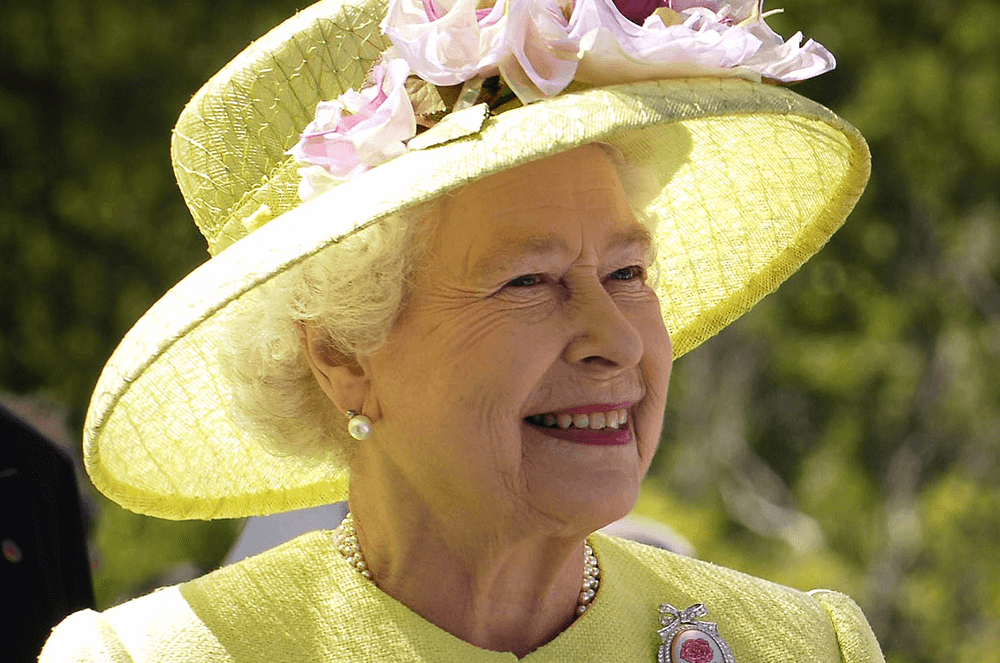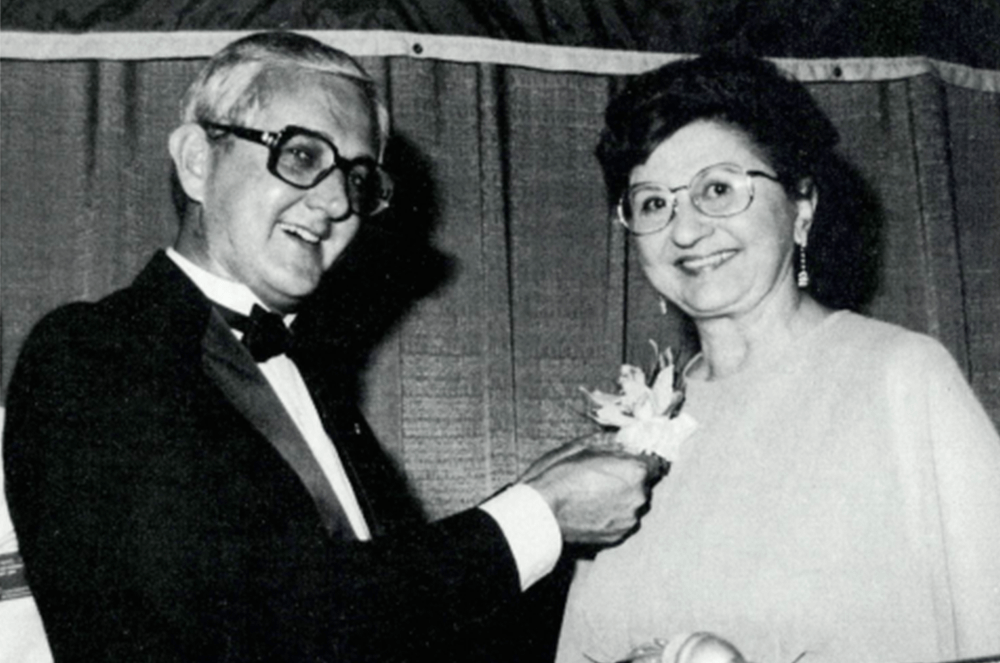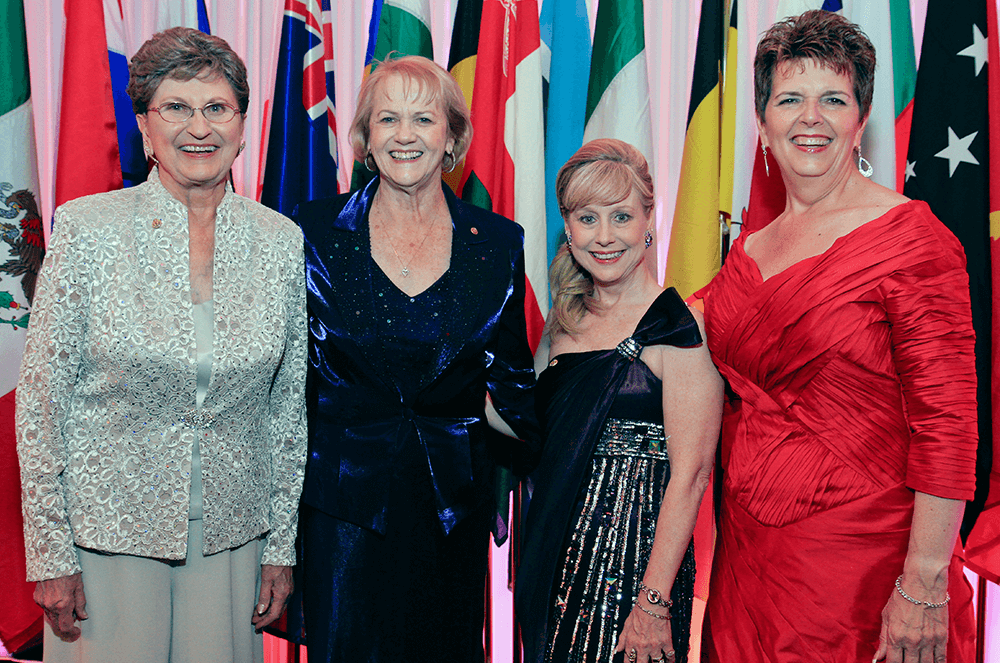
Years ago, my father-in-law consulted a hearing specialist. His problem: discerning women’s voices—which the doctor said could easily be remedied. Dad replied, “No need!”
He was joking. But historically, women’s efforts to be heard have too often been stymied. That situation has changed, as people recognize that many female orators are extraordinarily effective. One reason for this success may be that they frequently use rhetorical devices that highlight rather than neutralize the qualities traditionally associated with their gender.
In a Harvard Business Review article, Judy B. Rosener noted that while early female leaders used to adopt the managerial styles of men, the next wave used techniques much closer to home.
“They are succeeding because of—not in spite of—certain characteristics generally considered to be ‘feminine’ and inappropriate in leaders,” she wrote in the 1990 article. These stereotypical female traits include cooperation, emotion, empathy, nurturance, humility, and connection.
Why do these qualities prevail when women enter a so-called man’s world? Perhaps because they tend to reflect their audience’s expectations for them. Or maybe because they reflect ways of being that come naturally to many—although by no means all—women.
Let’s look at how these qualities played out with a couple of famous female leaders on the global stage.
 Queen Elizabeth II spoke about Princess Diana’s death in a 1997 address.
Queen Elizabeth II spoke about Princess Diana’s death in a 1997 address.Queen Elizabeth II
As England’s longest-reigning monarch, Queen Elizabeth II rarely spoke to her country apart from her annual Christmas speeches. A notable exception was her coronation in 1953, when the new queen remarked, “Although my experience is so short and my task so new, I have in my parents and grandparents an example which I can follow with certainty and with confidence.” She added that she would always remember the people’s love and affection, for which she thanked them “with a full heart.”
Thus, Elizabeth acknowledged her familial and public relationships. Her use of humility and feeling echo the work of groundbreaking social theorist Carol Gilligan and others regarding the differing tendencies toward empathy and relationships between women and men. (Gilligan maintained that women prioritize an “ethics of care” revolving around interpersonal relationships, while men’s moral code is tied more to an “ethics of justice.”)
In 1997, Elizabeth briefly addressed the nation after her much-criticized silence on the death of Princess Diana. She responded to her detractors early on, explaining: “We have all been trying in our different ways to cope. It is not easy to express a sense of loss, since the initial shock is often succeeded by a mixture of other feelings, disbelief, incomprehension, anger, and concern for those who remain.”
Queen Elizabeth II understood that the British public need their queen to behave like a caring, grieving grandmother as well as a monarch.
With these few words, the queen defended her silence as an understandable, emotional reaction. She then reinforced her closeness to the tragedy through her grandchildren. Also, certainly aware of the headlines about the poor relationship she had with her former daughter-in-law, she declared that she shared the public’s admiration for Diana:
“So what I say to you now as a queen and as a grandmother, I say from my heart: First, I want to pay tribute to Diana myself. She was an exceptional and gifted human being. In good times and bad, she never lost her capacity to smile and laugh, nor to inspire others with her warmth and kindness. I admired and respected her—for her energy and commitment to others, and especially for her devotion to her two boys.”
Elizabeth understood that the British public need their queen to behave like a caring, grieving grandmother as well as a monarch. The following day, when the coffin passed her at Princess Diana’s funeral, she bowed her head. That was a crucial gesture, observed The Washington Post: “The woman accustomed to being bowed to by the world now lowered her head and humbly honored the princess. More than anything, it was the bow that broke the fever of anger directed at the queen and her family.”
Once more, when Elizabeth displayed traditional female humility and love, she prevailed.
 Angela Merkel, then the German chancellor, delivered a well-received commencement address at Harvard University in 2019.
Angela Merkel, then the German chancellor, delivered a well-received commencement address at Harvard University in 2019.Angela Merkel
Angela Merkel, the chancellor of Germany from 2005 to 2021, received resounding applause during her 2019 commencement address at Harvard University. Her speech highlighted the qualities of cooperation and connection, stressing the importance of breaking down barriers, and of countries—and individuals—working together.
She began her 35-minute address on a personal note, citing a quote from an iconic German writer while discussing her own post-graduation life and the world she came from.
“‘In all beginnings dwells a magic force for guarding us and helping us to live.’ These words by Herman Hesse inspired me when I completed my physics degree at the age of 24,” Merkel said. “That was back in 1978. The world was divided into East and West, and it was in the grips of the Cold War. I grew up in East Germany, in the GDR [the German Democratic Republic], the part of my country which was not free at that time, in a dictatorship.”
She next spoke about how the East German government, afraid that people would flee, built the Berlin Wall, and she grew up behind the infamous Iron Curtain. In this way, she demonstrated another point that Rosener made in her Harvard Business Review article: how, unlike men, female leaders tend not to draw a line between business and private life.
When Merkel then addressed a painful topic for her American audience, Germany’s Nazi past, she did so with humility and an eye toward cooperation and peace.
“My country, Germany,” she said, “had brought unimaginable suffering on Europe and the world. The victors and the defeated could easily have remained irreconcilable for many years, but instead, Europe overcame centuries-old conflicts. A peaceful order based on common values rather than national strength emerged.”
Finally, the then-chancellor challenged listeners to act on the concerns of their generation, such as the digital transformation and climate issues, once more emphasizing cooperation.
“Therefore, we can and must do everything humanly possible to truly master this challenge to humankind,” she remarked. “It’s still possible. However, each and every one of us must play our part.”
Merkel’s final words in the speech struck an optimistic note: “Above all, nothing can be taken for granted. Everything is possible.” And for female speakers, at last, everything is.
Caren S. Neile, PhD teaches, writes, and stockpiles social capital in Boca Raton, Florida. Visit her at carenneile.com
Related Articles

Toastmasters News
Celebrating the History of Women in Toastmasters

News from Toastmasters



 Previous
Previous

 Celebrating International Women’s Day
Celebrating International Women’s Day
 Previous Article
Previous Article